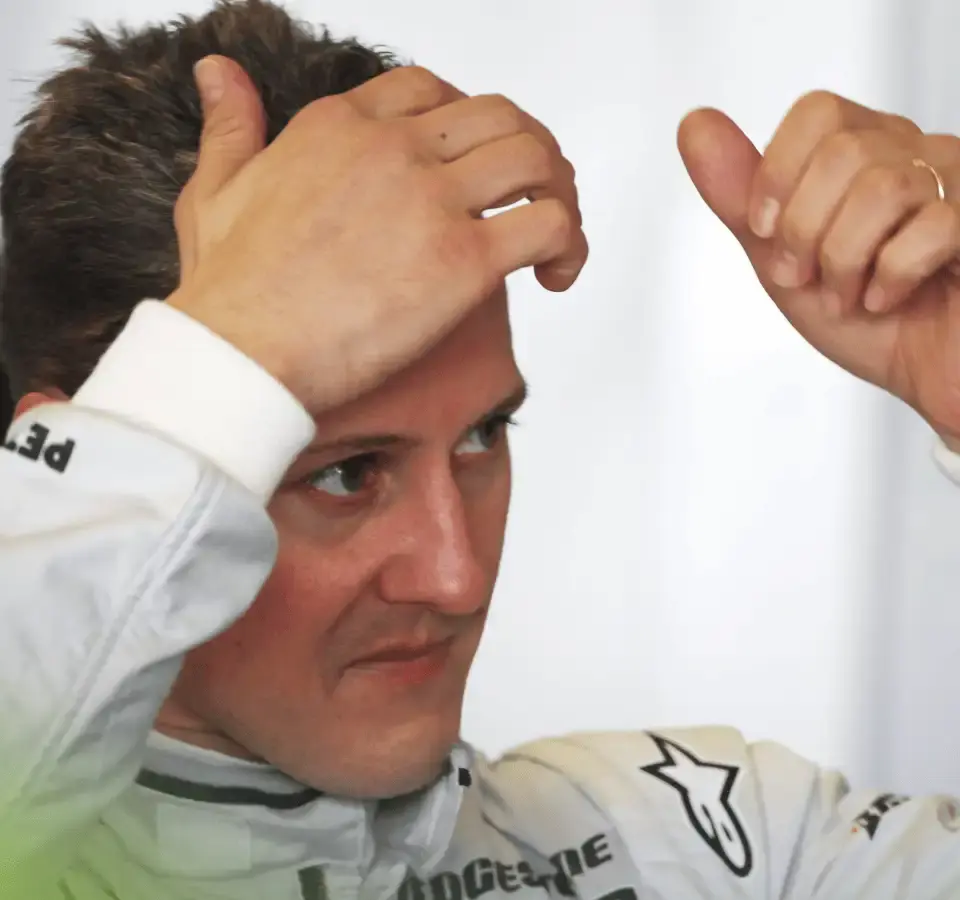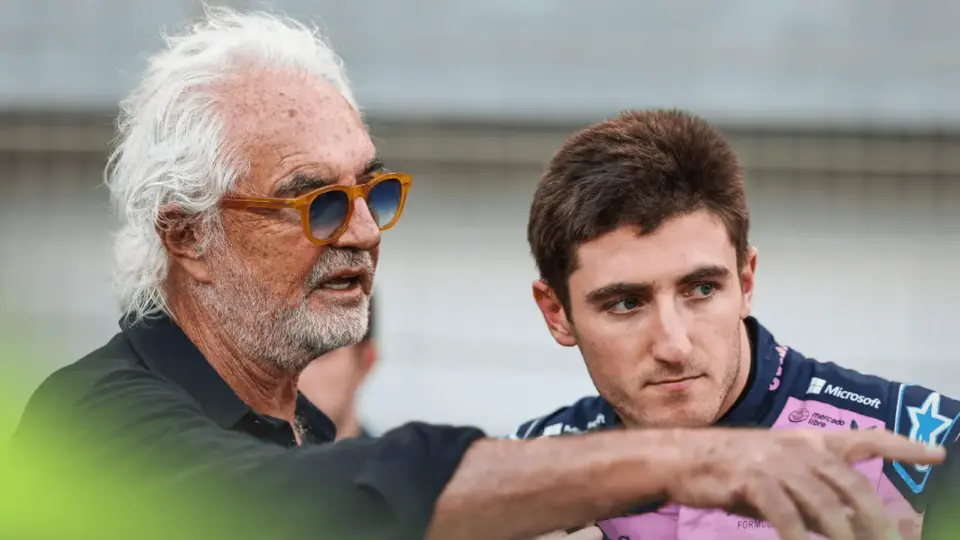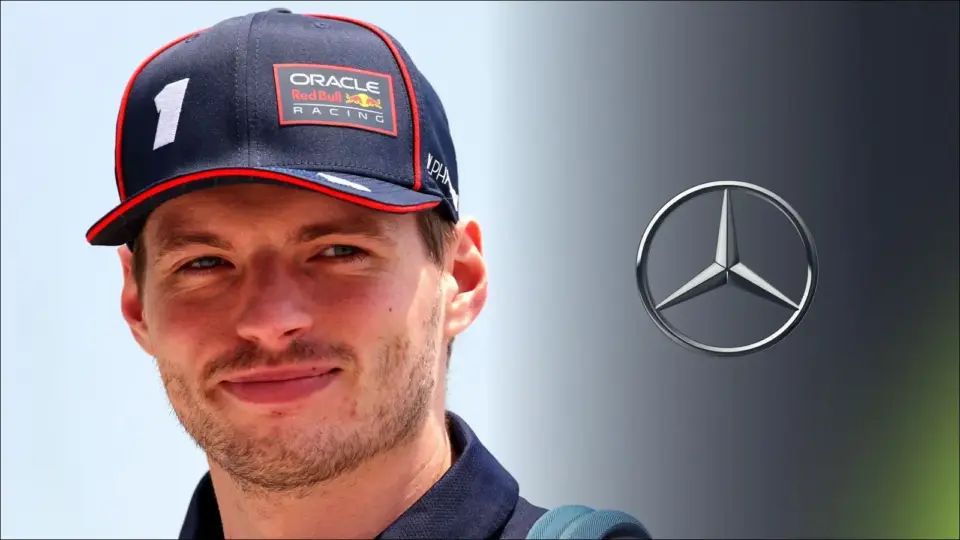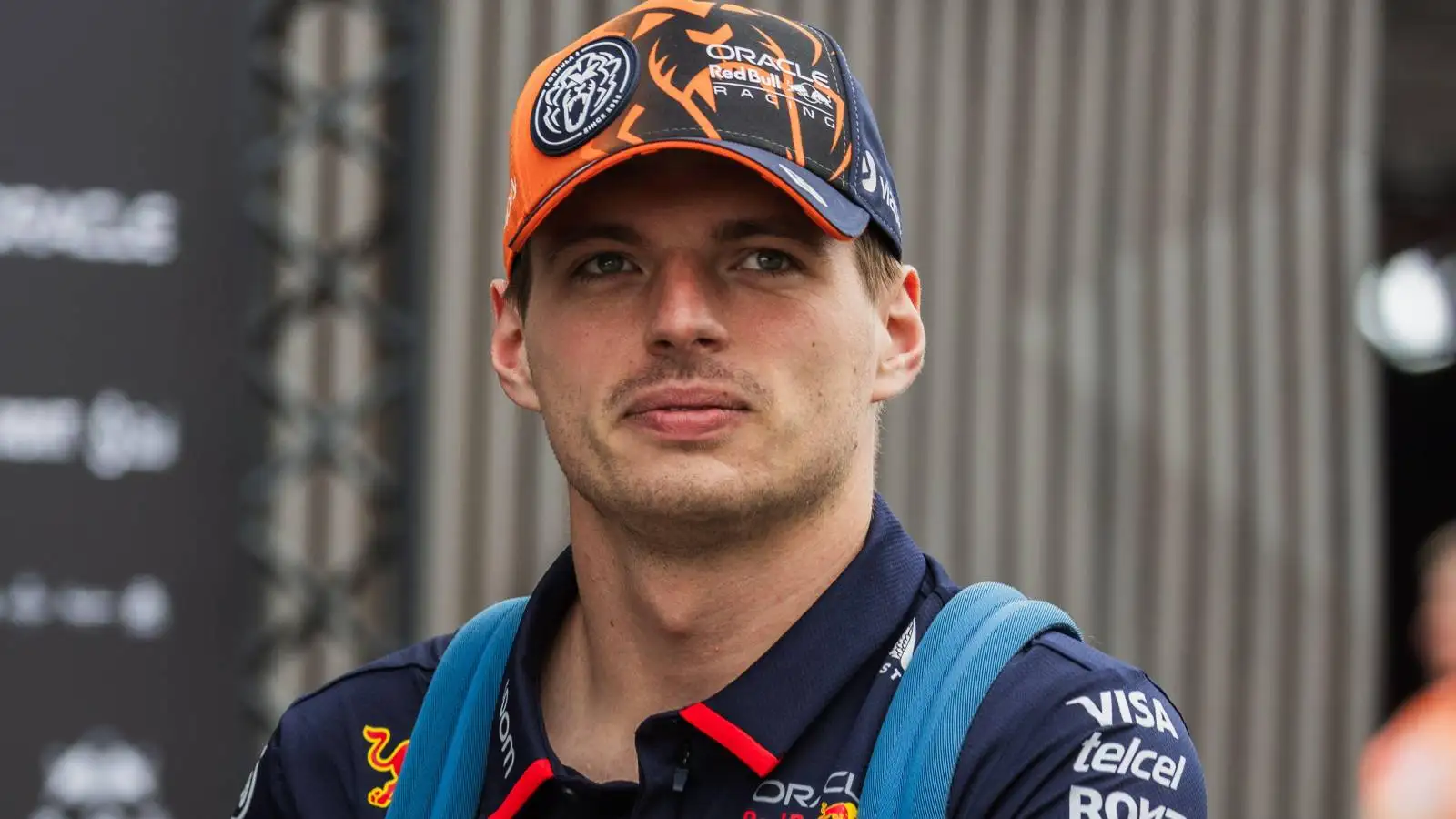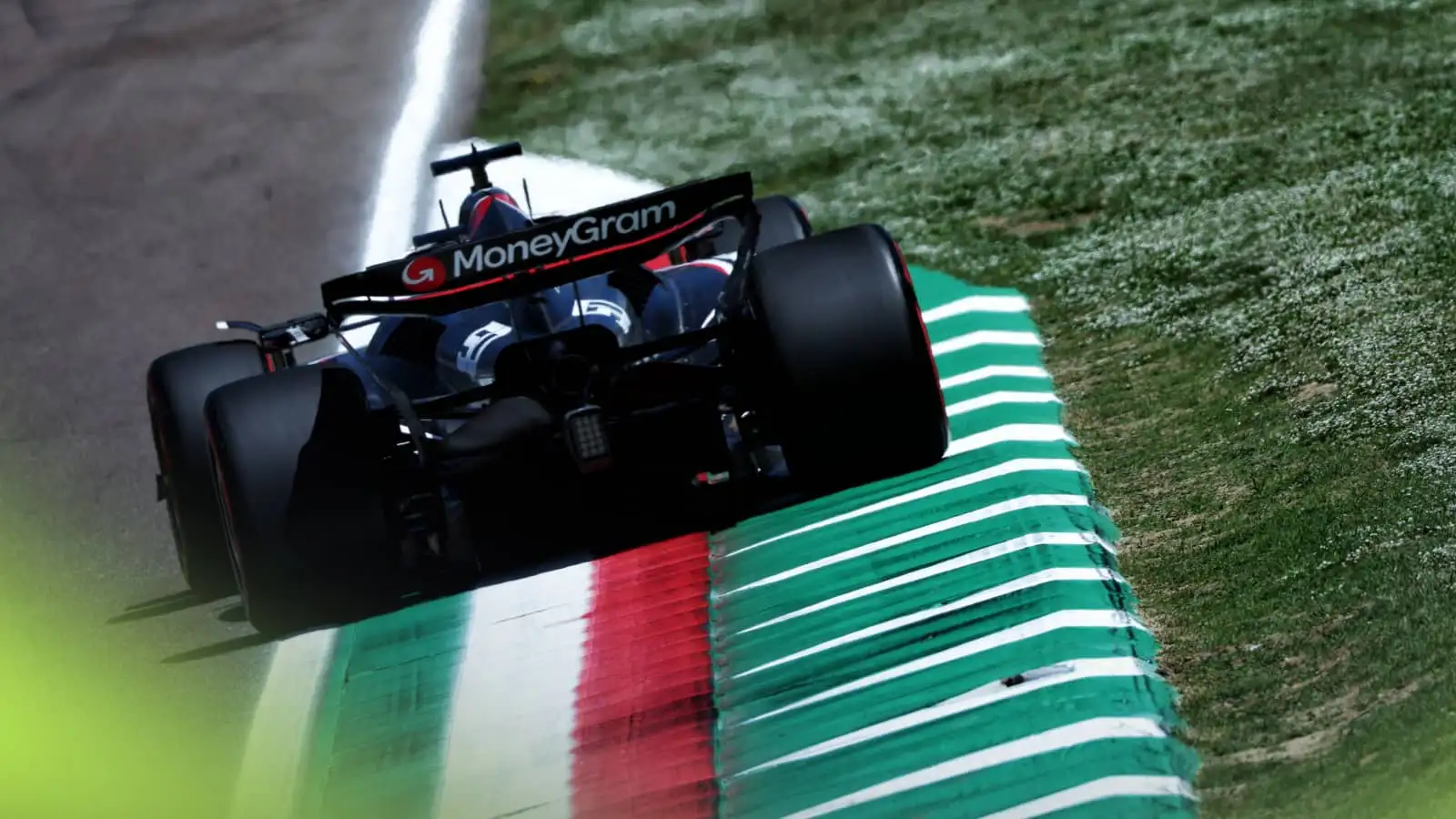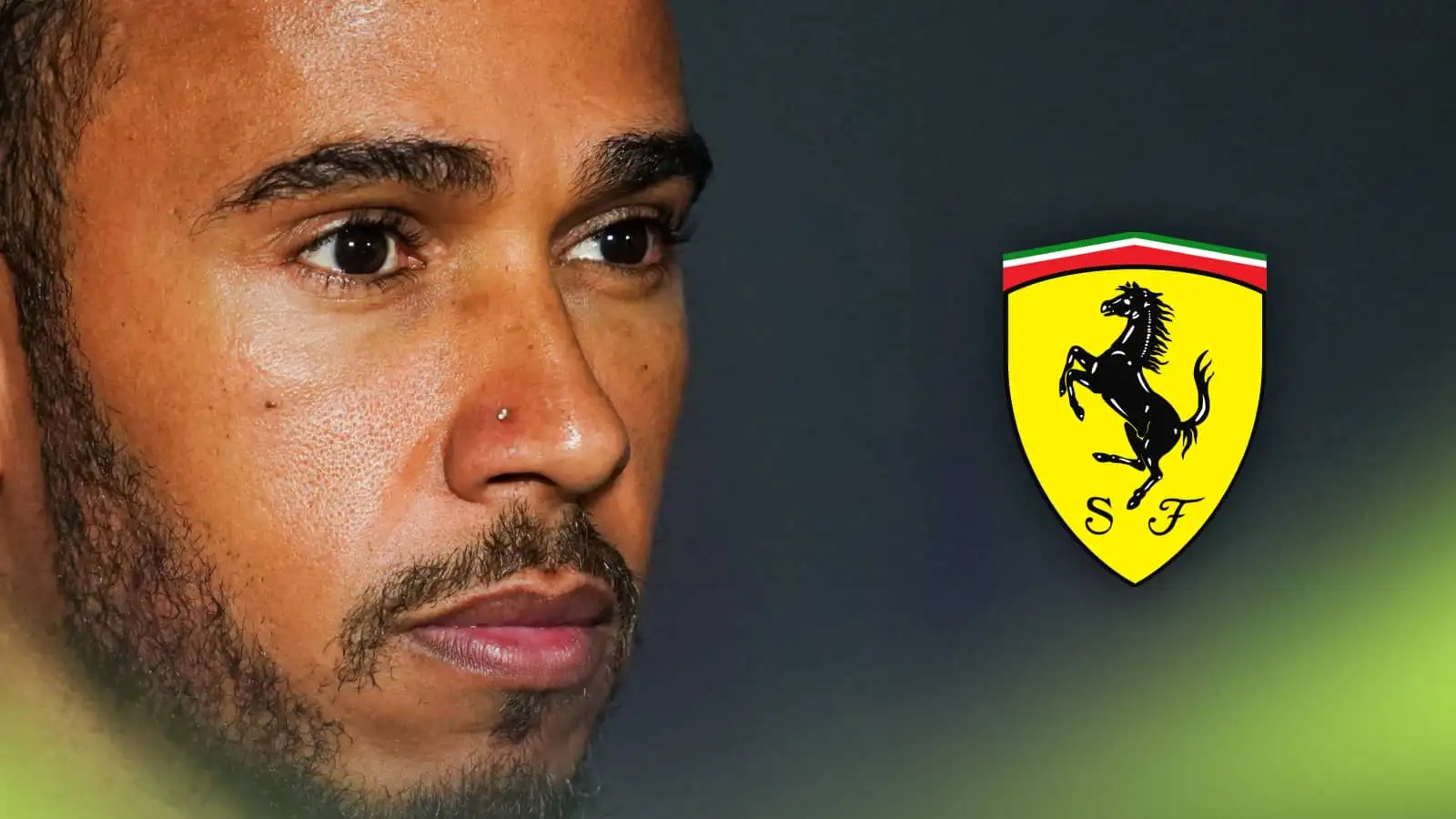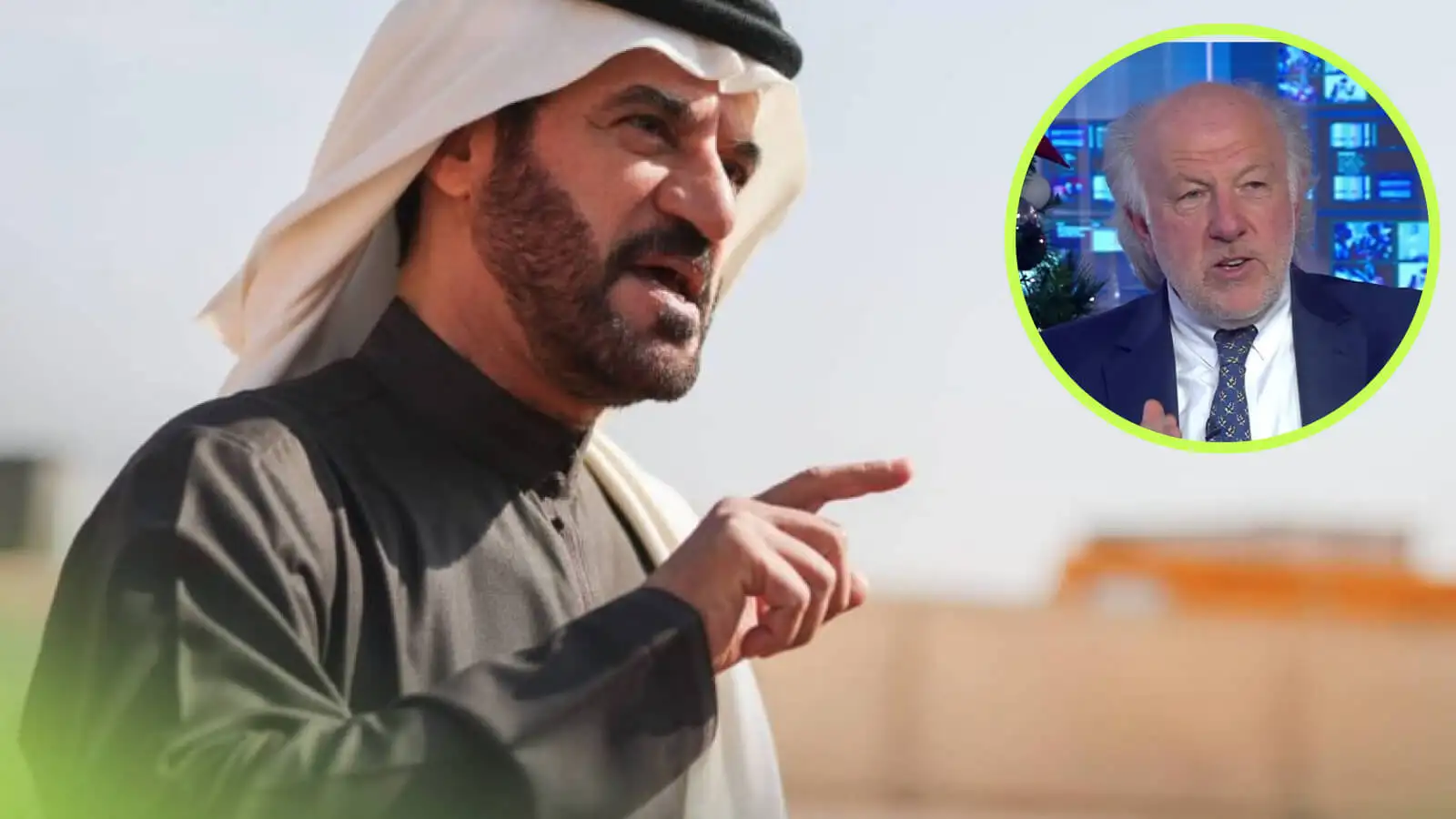Michael Schumacher’s comeback with Mercedes in 2010 left many puzzled, especially Franz Tost, who deemed it unnecessary.
- Despite departing F1 as the most successful driver in 2006, Schumacher sought another title with Mercedes in 2010.
- Franz Tost warned Schumacher of the sport’s evolution, emphasizing the challenge posed by younger competitors and technical changes.
- Schumacher’s best achievement in his comeback was a third place in the 2012 European Grand Prix, with other results falling short.
- Ultimately, Schumacher retired in 2012 as Mercedes turned to Lewis Hamilton, a choice that steered the team’s future success.
Michael Schumacher, celebrated as one of the most successful drivers in Formula 1 history, made headlines when he announced a return to the sport in 2010 after retiring four years earlier. His decision to join the newly rebranded Mercedes team, which had recently re-emerged as a force in the championship race, sparked both excitement and skepticism. Schumacher’s aim was clear: to claim an eighth World Championship title.
However, not everyone shared Schumacher’s optimism. Franz Tost, a former team boss, expressed significant doubts about the comeback. He attempted to persuade Schumacher not to return, arguing that the changes in the sport since his departure made it a daunting task. Tost highlighted specific challenges, such as the shift to a standardized tire supplier and limited testing opportunities, which contrasted sharply with Schumacher’s earlier championship-winning days.
Schumacher’s performance on the track during his comeback did not meet the lofty expectations. While partnered with younger teammate Nico Rosberg, who himself later claimed the world title in 2016, Schumacher found it difficult to match the pace and results he had once delivered. His most notable finish was a podium spot with third place at the 2012 European Grand Prix. Unfortunately, a potential pole position at Monaco that year was marred by a grid penalty.
In private discussions, Tost shared candid advice with Schumacher, questioning what he hoped to achieve and cautioning him about the youthful rivals and the swift passage of time in high-stakes racing. Schumacher reportedly embraced this feedback without resentment, acknowledging the changed landscape of Formula 1.
By the end of his three-year contract in 2012, Schumacher faced a decision on whether to extend his career. Mercedes took a decisive step, signing Lewis Hamilton from McLaren. This shift marked the beginning of a new era for Mercedes, leading to a string of record-breaking Constructors’ and Drivers’ Championships that validated the strategic move.
Schumacher’s second retirement came prior to the Japanese Grand Prix in 2012, bowing out from a sport that had evolved significantly in his brief absence. His later years were marked by a severe skiing accident in 2013, after which he has remained out of the public eye.
Schumacher’s return to F1 remains a topic of debate, but it undeniably shaped the course of Mercedes’ future success in the sport.
